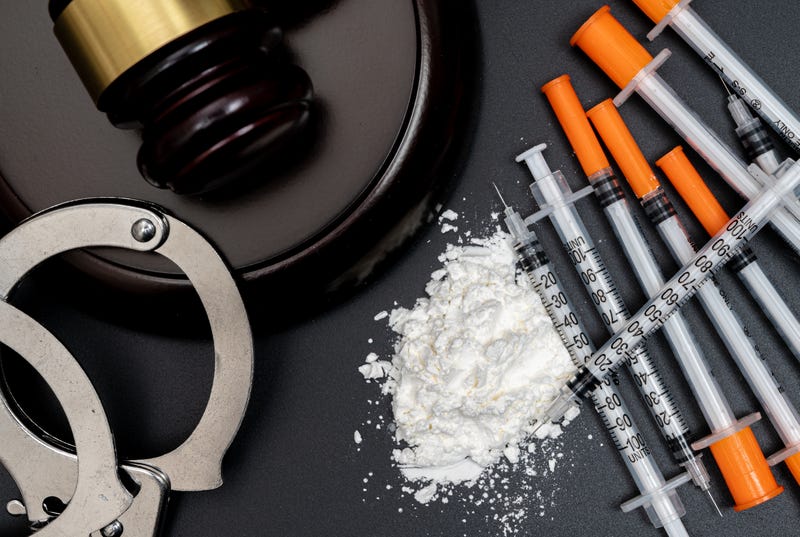
Minnesota senior U.S. Senator Amy Klobuchar (D) joined Twin Cities law enforcement officials supporting a program that helps track drug traffickers.
That's because High Intensity Drug Trafficking Areas program is at risk of losing federal funding.
Among those emphasizing the importance the so-called HIDTA program is St. Paul Police Chief Axel Henry.
"Minnesota for a time was a destination city, meaning this is where drugs landed," Henry explains. "We are now a hub, meaning drugs come here and they go out in different directions, and we need to be fighting that at every level."
Klobuchar says federal officials need to do everything they can to ensure local law enforcement is well-equipped in the fight against drug trafficking.
"The High Intensity Drug Trafficking Area program is critical in our fight against trafficking - bringing federal, state, and local law enforcement together to get deadly drugs off our streets," says Klobuchhar. "We must continue to support HIDTA so officers have what they need to keep us safe."
High Intensity Drug Trafficking Areas (HIDTA) program, created by Congress with the Anti-Drug Abuse Act of 1988, provides assistance to Federal, state, local, and tribal law enforcement agencies operating in areas determined to be critical drug-trafficking regions of the United States.
According to the National HIDTA Directors Association, the Trump administration’s fiscal year 2026 budget request proposes to move the HIDTA program from the Office of National Drug Control Policy to the Justice Department’s Office of Justice Programs while also reducing funding by $102 million.
